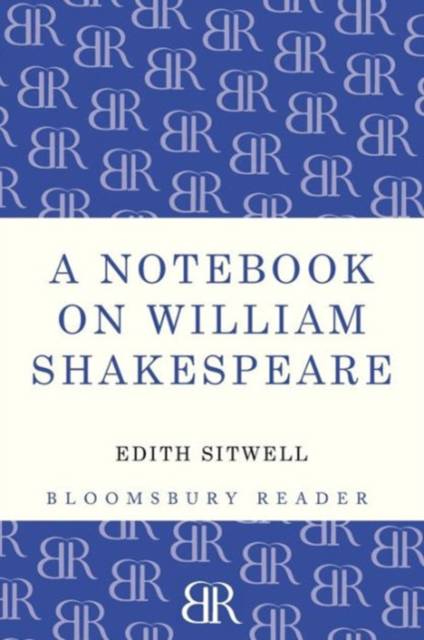
- Retrait gratuit dans votre magasin Club
- 7.000.000 titres dans notre catalogue
- Payer en toute sécurité
- Toujours un magasin près de chez vous
- Retrait gratuit dans votre magasin Club
- 7.000.0000 titres dans notre catalogue
- Payer en toute sécurité
- Toujours un magasin près de chez vous
Description
This book may be described as Dame Edith Sitwell's personal notebook. It consists of essays on the subject of the general aspect of the plays-those great hymns to the principle and the glory of life, in which there are the same differences in nature, in matter, in light, in darkness, in movement, that we find in the universe, and in which the characters are so vast they seem each an element (Water, Hamlet; Air, Romeo and Juliet; Fire, King Lear) and which yet bear the stamp of our common humanity, made greater and more universal. There are long essays on King Lear, Macbeth, Othello and Hamlet. Dame Edith believes, with all humility, that she has discovered new sources of the inspiration of King Lear, throwing a new light on the whole play, and giving new meanings to the mad scenes, of an unsurpassable grandeur, depth, and terror. There are shorter essays also on other of the tragedies. The keynotes of many of the plays are examined (not all the plays are discussed), a phrase is studied and will be found to hold the whole meaning of the play.
There are essays on many of the comedies, and long passages about the Fools and Clowns. Connecting levels are traced between the philosophies of the plays. There are, too, running commentaries on Shakespeare as that ' common-kissing Titan ', and, since the book is a personal notebook, the author makes copious quotations from the writings of Shakespearean scholars who have thrown light on the various aspects of which she treats, and from works on other subjects which also serve to illumine his mighty and many-sided genius.
There are essays on many of the comedies, and long passages about the Fools and Clowns. Connecting levels are traced between the philosophies of the plays. There are, too, running commentaries on Shakespeare as that ' common-kissing Titan ', and, since the book is a personal notebook, the author makes copious quotations from the writings of Shakespearean scholars who have thrown light on the various aspects of which she treats, and from works on other subjects which also serve to illumine his mighty and many-sided genius.
Spécifications
Parties prenantes
- Auteur(s) :
- Editeur:
Contenu
- Nombre de pages :
- 322
- Langue:
- Anglais
Caractéristiques
- EAN:
- 9781448200702
- Date de parution :
- 31-01-13
- Format:
- Livre broché
- Format numérique:
- Trade paperback (VS)
- Dimensions :
- 156 mm x 234 mm
- Poids :
- 453 g

Les avis
Nous publions uniquement les avis qui respectent les conditions requises. Consultez nos conditions pour les avis.






